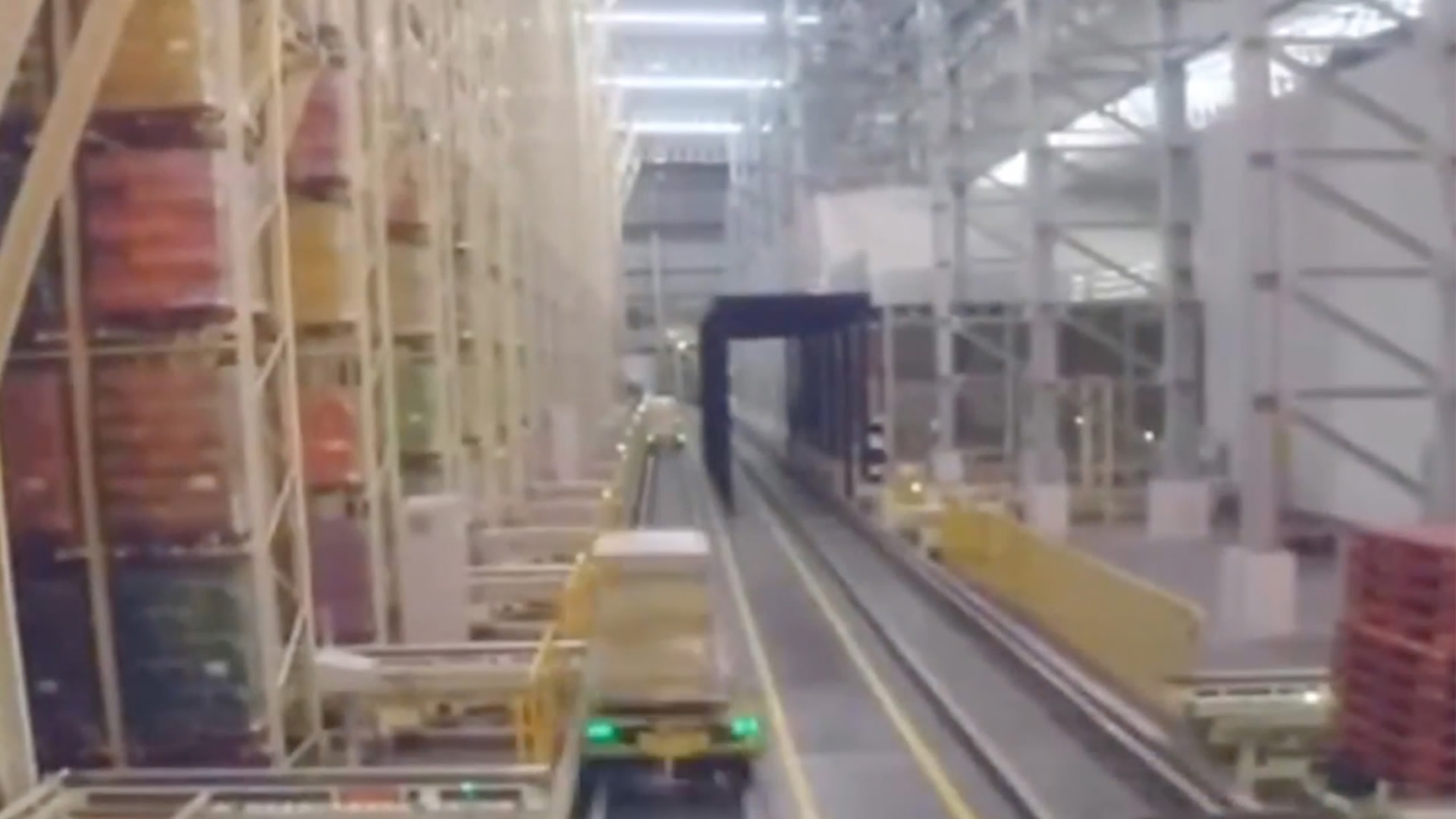
Tech & Sci
22:34, 05-Sep-2017
Automation threatens jobs in Southeast Asia
By Martin Lowe

Robots and automatic assembly-lines could see millions of people lose their jobs across Southeast Asia. That’s a warning from organizations which have studied automation in the workplace.
One country said to be particularly at risk is Thailand, from where CGTN’s Martin Lowe reports.
One of Thailand’s most modern factories, producing billions of bottles of soft-drink, is almost entirely operated by robots. The plan is a flagship of the Thai government’s digital policy, ‘Thailand 4.0’ - which has a target of 50 percent of manufacturing becoming automated within five years.
In the past, this type of work would have been done by hundreds, if not thousands, of employees. Workers’ organizations are concerned such a progress could lead to an unemployment crisis.
Thailand has a workforce of 38 million people, of which 17 million are unskilled, and six million are semi-skilled, meaning up to 23 million people risk losing their jobs to automation.
It’s a similar situation across Southeast Asia. Robotic manufacturing is also being introduced in Cambodia, the Philippines, Vietnam and Indonesia.
Almost all low-skilled jobs could be automated. Most vulnerable are those on assembly lines or food packers, farm laborers, shop assistants, garment manufacturers and construction workers.
"We need the government to provide welfare support or set a universal basic income. Maybe we need to collect an automation tax from those who will gain from new technology to take care of those who will lose out," said Dr. Kiriya Kulkolkarn, faculty of Economics, Thammasat University.
The Thai government has introduced tax concessions and loans to help generate billions of US dollars worth of investment in robotics. It says the country needs to modernize to be competitive.
"In the big picture we’ve got to think forward, competition increases globally and if we don’t change, we don’t bring in new technology, eventually everyone will be affected no matter at what level you are in the labor force, so if we start addressing this early and put in place different measures I think that’s the way to go forward," said Uttama Savanayana, Thai Minister of Industry.
Economists are calling for education reforms to teach skills needed in a digital workplace at school, and adult re-training for those who lose their jobs.
While other parts of the world have seen gradual automation, observers warn advances in technology could mean the introduction of robotics in Southeast Asia may be much faster than elsewhere.
3300km

SITEMAP
Copyright © 2018 CGTN. Beijing ICP prepared NO.16065310-3
Copyright © 2018 CGTN. Beijing ICP prepared NO.16065310-3